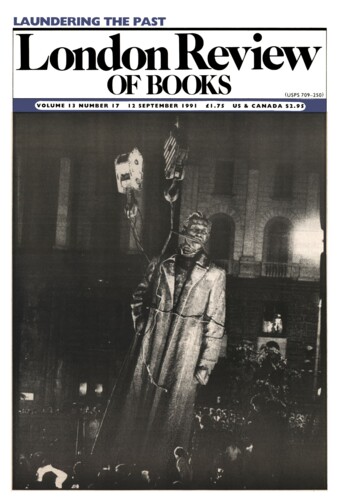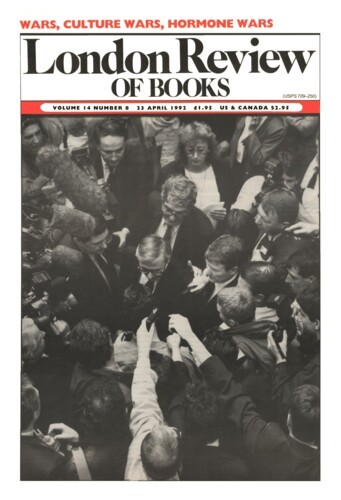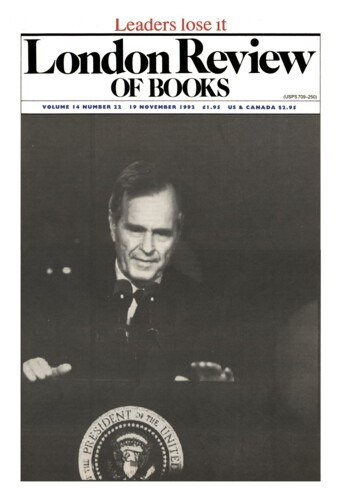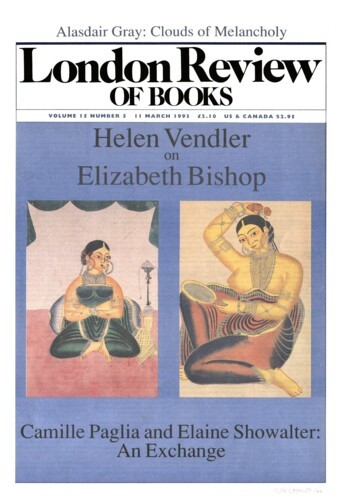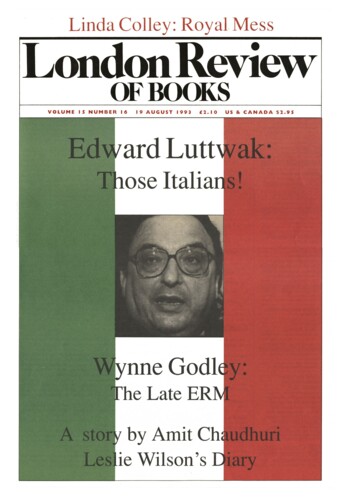Desolation Studies
Edward Luttwak, 12 September 1991
I still recall my acute disappointment with Michael Howard’s The Franco-Prussian War, published some thirty years ago. The subject was exciting – what with the desperate German infantry assaults at Gravelotte and the dramatic unveiling of the ultra-secret mitrailleuse – and the book was thick enough to promise much good fun to any schoolboy eager to read of battles with a threepenny bag of crisps at his side. Gravelotte was there all right, and the siege of Sedan too, but both only in miserably cursory fashion, with none of the stirring evocations of daring fights that filled the pages of the paperbacks that gave us the British version of the Second World War slice by heroic slice. Instead of leaving behind the dreary complexities of polities, society, economy and culture to march the reader straight into the dramatic simplicities of combat, Michael Howard’s prelude was interminable, and when he finally reached the battle-field he left it again almost immediately, to revert to his portrayal of two regimes and two societies at war.’
